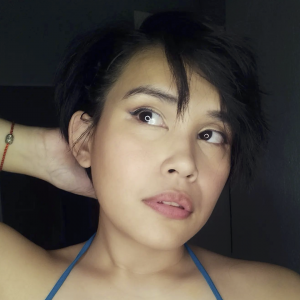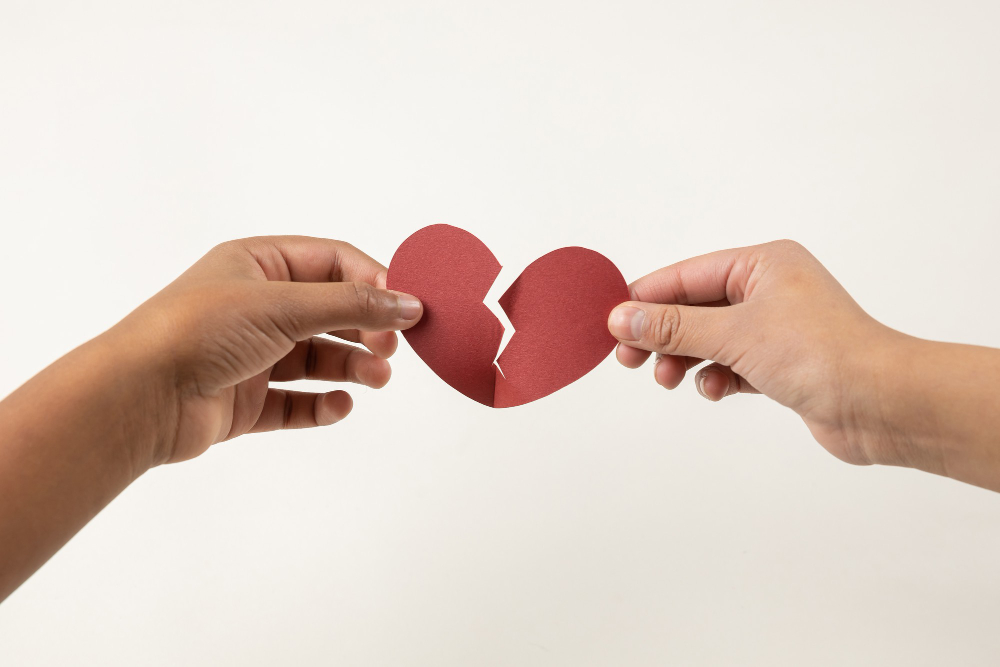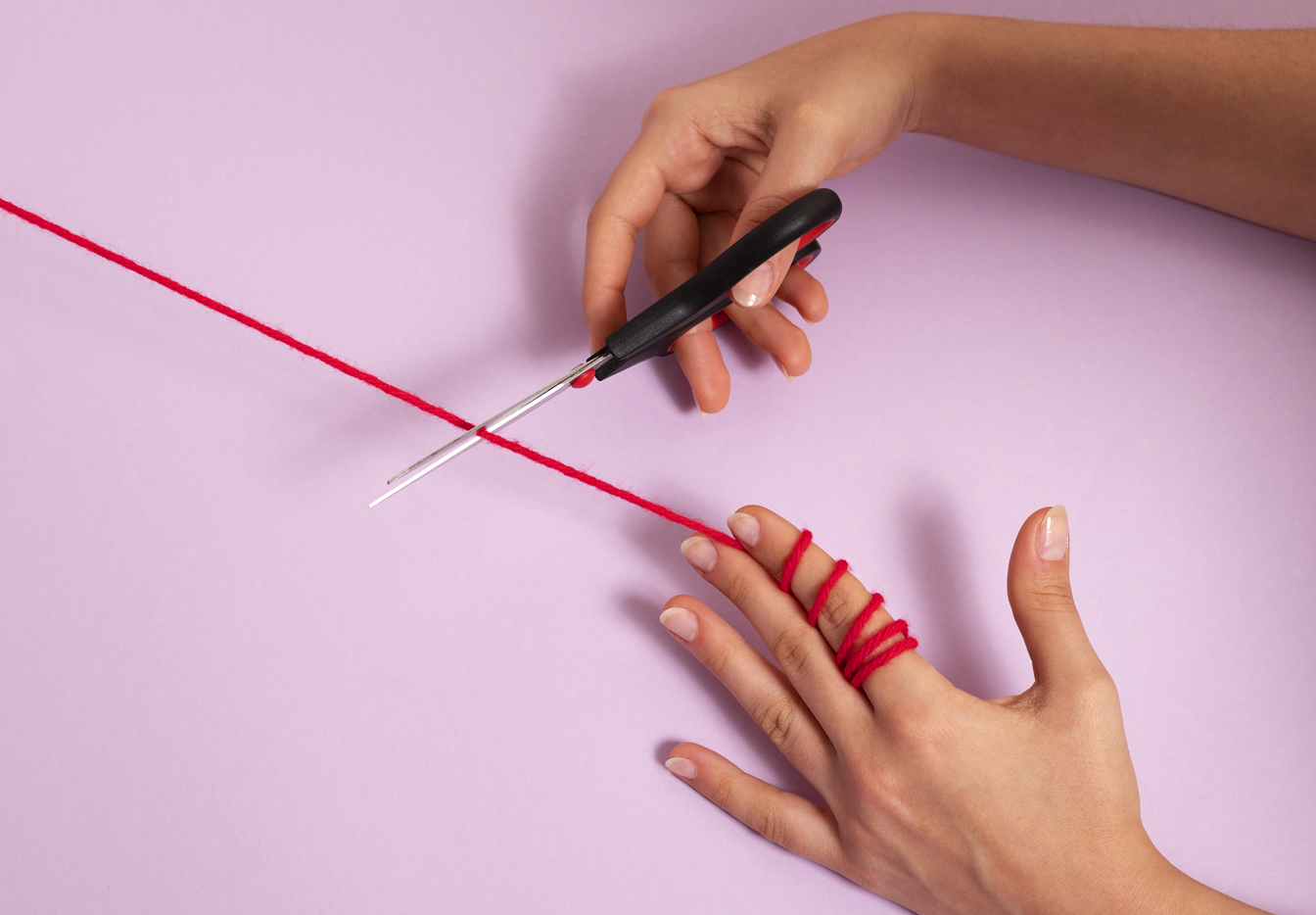Ten years ago, I fell in love with a boy who would eventually leave for the States. We went from slam poetry and endless late night phone calls to pining over Skype and struggling against the distance. After a year and a half apart, we reluctantly decided to break up. I was devastated, but also convinced that it was the most sensible thing to do when there was no foreseeable way to close the gap.
When I learned that he had started dating other people, I—a heartbroken 20-something introvert, turned to OKCupid —which is basically just the tita version of Tinder. I never expected much from these online flirtations but they did turn out to be a great way to talk to very different, and interesting people, one of whom, was polyamorous.
We mostly talked about Firefly and Dr. Horrible’s Sing-Along Blog but his profile also included a link to the webcomic Kimchee Cuddles: a comic that would effectively serve as my crash course to polyamory, also commonly referred to as ethical non-monogamy.
There’s a lot of great content in that comic but one of the things that struck me the most was the realization that when it comes to friends and family, we’re encouraged to give and receive love freely. On top of that, each new connection is celebrated as unique and vital to our growth and happiness without taking away any of the value of our other relationships. The only exception is when it comes to romantic love. In polyamory, that exception doesn’t exist.
I was drawn in by the notion that it was possible to hold space for multiple loves in your heart. The thought of having a love without fear, that was meant to be shared, and multiplied blew my mind. I never knew that was an option, but once I did something inside of me clicked and it felt incredibly freeing.
The thing that people seem to fixate on the most is the sex. But when you take away the expectation of sexual exclusivity, what does a happy, healthy relationship look like? Honestly, pretty much still the same. It’s a lot less sex and a lot more talking, and laughing, and just doing your best to support each other through the crazy journey of life. Monogamous relationships aren’t just about the sex. Neither are polyamorous ones.
As a very cerebral creature by nature, I was all on board with being poly in theory, but it would be another few months before I actually met and fell in love with a woman (while still being in love with the aforementioned boy), making me officially bisexual, and also polyamorous.
At this point I’d like to make a distinction between being polyamorous, being in a polyamorous relationship, and being… problematic. To be poly, all you need is the capacity and desire to be in an intimate relationship with more than one person at a time. To be in an ethical polyamorous relationship, you need the knowledge and consent of everyone involved. This requires a lot of trust, honesty, and open communication. Anyone whose partners don’t know about each other, and haven’t agreed to them having other partners isn’t practicing ethical non-monogamy. They’re being problematic.
Speaking of problematic, the Universe has a funny way of testing you. Almost as soon as I had fallen in love with a woman and discovered that I was polyamorous, my ex came back, saying that he wanted to be together…but he didn’t consent to polyamory. He told me that I had to choose
My new found ideals and identity weren’t rooted anywhere near deeply enough to bear up under the weight of his ultimatum, and years of being taught that romantic love was a zero-sum game. So, I chose someone that I had loved for five years, and still ended up breaking my own heart in the end. Grief is just love with nowhere to go and I was grieving— for her, but most of all for the tender, idealistic part of myself that was being rejected.
My grief gave birth to his jealousy and things got increasingly ugly after that. There’s something very damaging about being told that by someone you love. If you really loved them, you wouldn’t be the way you are. For a while, I started to believe that there must be something wrong with me. I was constantly questioning what love was, what was true, and even my own self-worth.
I know that when monogamy is done right, it can be beautiful. But it’s also not for everyone and there isn’t just one “right” way to love. It took me a while to accept, but the narrative of monogamy just wasn’t one that I fit into any more. In the year I spent trying to figure all of this out, I kept being told over, and over that I had to choose. Things only started getting better when I stopped, decided to honor my truth, and choose myself.
I am polyamorous and for me, true love isn’t finding “The One” anymore. It isn’t even about finding multiple loving connections. It’s finding yourself, getting to know them, and learning to love and accept the person that you are instead of who you think you’re supposed to be.






